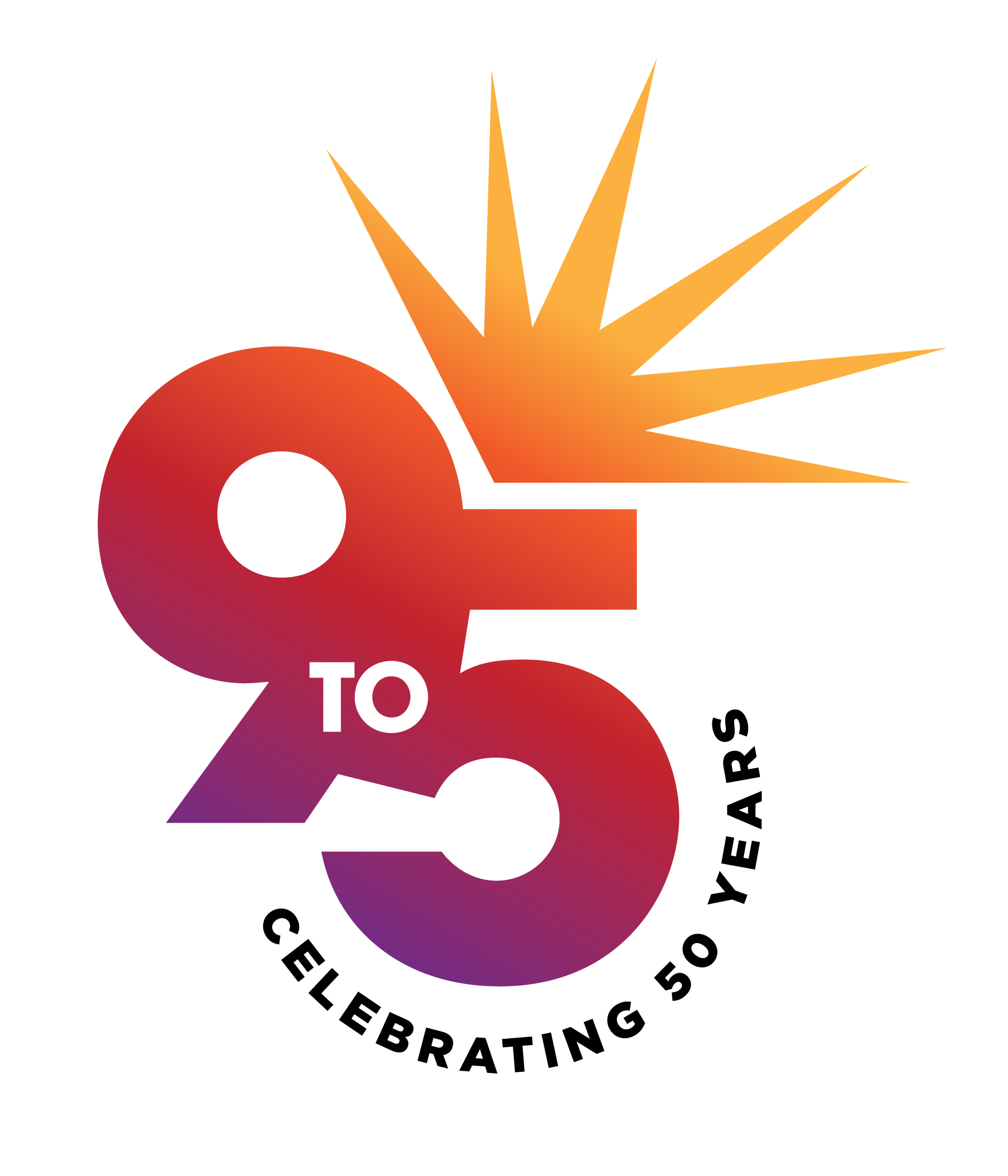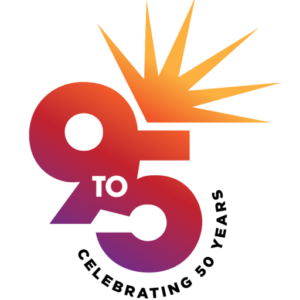
June 15th is LGBTQIA+ Equal Pay Day. Most Equal Pay Days are set on the day that a person with that identity would have to work into the new year to make as much as a white male did in the previous year. The truth is that the data to make this calculation for LGBTQIA+ workers just doesn’t exist! The data isn’t tracked by any government agency, and even more than that the numbers vary so widely depending on identity.
Understanding intersectionality is key when thinking about pay disparities for LGBTQIA+ workers. The pay gap changes based on how a person identifies within the LGBTQIA+ community and based on race and gender.
When we think about the pay gap in the LGBTQIA+ community we have to think about the multiple identities that people hold. Just like the data for Asian American, Native Hawaiian, Pacific Islander Equal Pay Day it is so important to look at disaggregated data based on different identities to get a true picture of how gender identity or sexuality affects equal pay and how important the data that we don’t have is missing.
People who identify as LGBTQIA+ face huge disparities that impact their ability to thrive- they experience homelessness, poverty, workplace discrimination, discrimination in education and more at disproportionate rates. We have to continue to advocate for and pass legislation that protects LGBTQIA+ communities from discrimination and ensure that when we write legislation it includes all people and their families.
More than a dozen states are considering or have passed “Don’t Say Gay” bills that prevent the topics of gender identity and sexual orientation from being discussed in schools. This, alongside proposed bills against providing healthcare to trans kids or limit their participation in sports, create structural transphobia and homophobia and prevent LGBTQIA+ kids and their families from having safe and supportive schools and communities.
The lack of equal pay data, homophobic and transphobic legislation, and the end of Roe vs. Wade are all connected. The restriction of rights of LGBTQIA+ people is intentional and targeted to continue to preserve the power of those who hold it- straight white men.
One huge piece of legislation we can fight for is the Equality Act. In 29 states LGBTQIA+ people lack basic freedoms. In more than half of states these basic freedoms can be denied to someone just because of who they are:
- Refusal of Service: Businesses can legally refuse services.
- Housing: LGBTQIA+ people can be evicted, denied home loans, or turned down for rentals.
- Medical Care: LGBTQIA+ people can be denied medical care or service including gender-affirming healthcare.
- Education: Many states can discriminate based on sexual orientation and/or gender identity.
- Employment: Many states can discriminate based on sexual orientation and/or gender identity.
You can see what laws your state has passed on this map.
Tell your representative that you support the Equality Act this Equal Pay Day by sending them a letter here:

